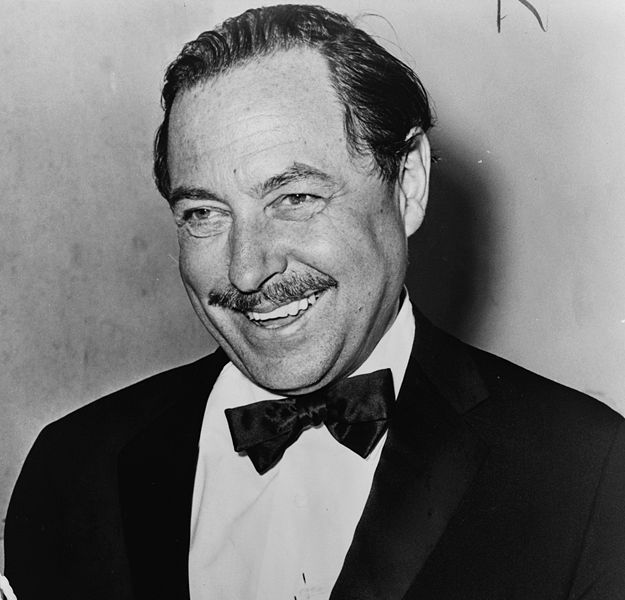
As mirrors of his emotional and imaginative life, the plays of Tennessee Williams explore the darker side of human nature and are haunted by the pervasive theme of loneliness that is humanity's inescapable destiny. Cat on a Hot Tin Roof, one of his masterpieces, seethes with the family tensions, suppressed sexuality and the less-than-secret whisper of scandal that lie beneath the civilized veneer of the American South. The Milk Train Doesn't Stop Here Anymore is a passionate examination of a woman's life as she recounts her memoirs in the face of death. In The Night of the Iguana a group of diverse people are thrown together in an isolated Mexican hotel, all imprisoned in their own way.
Author

Thomas Lanier Williams III, better known by the nickname Tennessee Williams, was a major American playwright of the twentieth century who received many of the top theatrical awards for his work. He moved to New Orleans in 1939 and changed his name to "Tennessee," the state of his father's birth. Raised in St. Louis, Missouri, after years of obscurity, at age 33 he became famous with the success of The Glass Menagerie (1944) in New York City. This play closely reflected his own unhappy family background. It was the first of a string of successes, including A Streetcar Named Desire (1947), Cat on a Hot Tin Roof (1955), Sweet Bird of Youth (1959), and The Night of the Iguana (1961). With his later work, he attempted a new style that did not appeal to audiences. His drama A Streetcar Named Desire is often numbered on short lists of the finest American plays of the 20th century, alongside Eugene O'Neill's Long Day's Journey into Night and Arthur Miller's Death of a Salesman. Much of Williams' most acclaimed work has been adapted for the cinema. He also wrote short stories, poetry, essays and a volume of memoirs. In 1979, four years before his death, Williams was inducted into the American Theater Hall of Fame. From Wikipedia